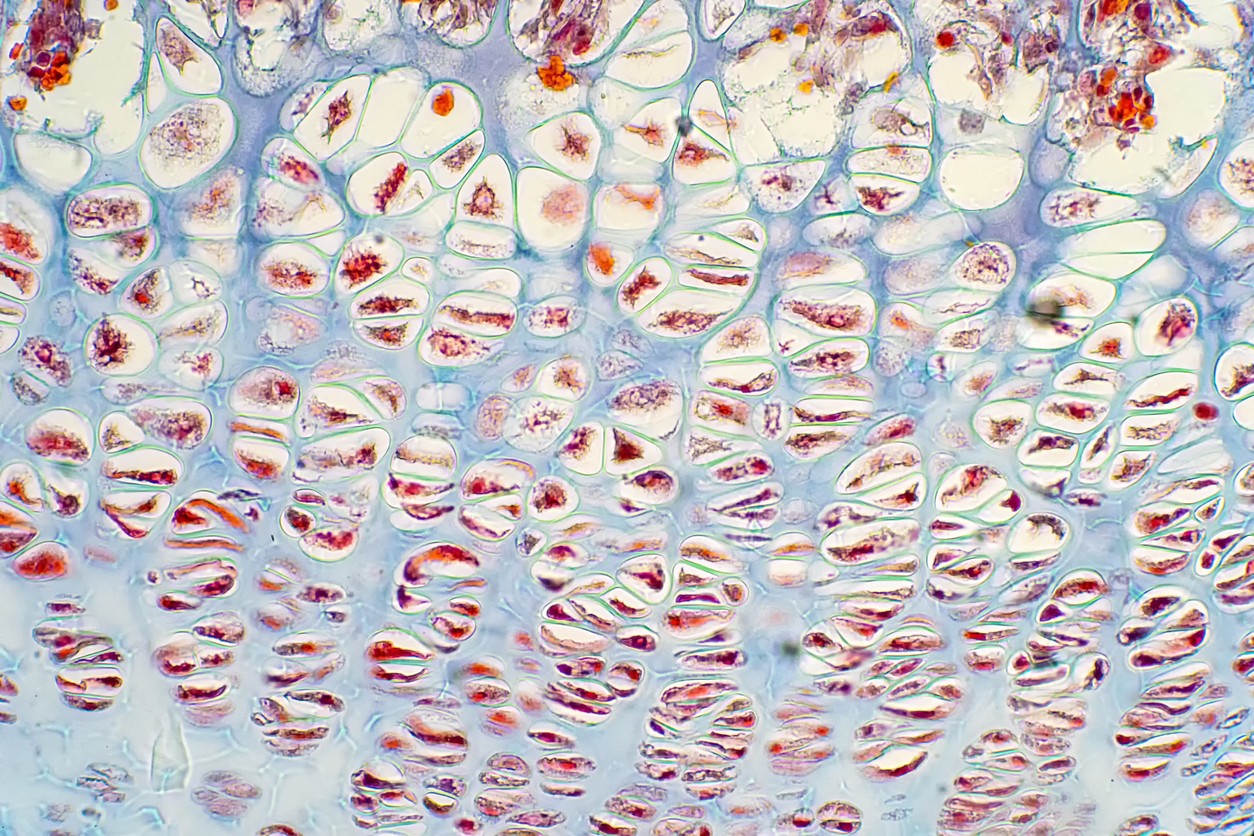BPC-157 Peptide Overview
BPC-157 is a peptide sequence of 15 amino acids derived from gastric juice. The mechanism by which pentadecapeptide BPC-157 has been suggested to impact tissues is not clearly understood. Research suggests that the peptide may exert a repairing action in tissues. The peptide may exert upregulating growth factors, proangiogenic characteristics, and nitric oxide (NO) synthesis. BPC-157 may potentially control the functions of collagen fragments. Research also suggests that BPC-157 has a connection with bone morphogenic proteins.
The peptide BPC-157 is a small pentadecapeptide sequence from the much larger gastric juice protein, BPC. Since it is considered to have a highly stable structure, the peptide may be resistant to the degenerating effects of hydrolysis and enzyme metabolism. It appears to be highly soluble in water and does not appear to need a particular carrier for its proper absorption.
TB-500 Peptide Overview
TB-500 is a synthetically produced peptide derived from its naturally occurring parent peptide called the thymosin-beta peptide. It is considered by researchers to act in a restorative capacity on damaged tissues and may interact with the thymus gland. The thymus gland is considered to naturally produce endogenous TB-500 peptide.
The tissue repair potential of the peptide TB-500 may stem from its potential to upregulate the protein, actin. Since actin is considered to be the major protein involved in the proliferation and cellular migration, critical steps in the growth of new tissue, TB-500 may possibly aid recovery from injury. Overall, TB-500 has been suggested by researchers to potentially improve angiogenesis, exert significant anti-inflammatory potential, and optimizes tissue repair activities, according to certain study findings.
BPC-157 & TB-500 Blend
Having described the suggested tissue repair potential of both peptides separately, extensive research suggestes that BPC-157 and TB-500 simultaneously in damaged tissue may exert beneficial action. Although both peptides are posited to utliize different mechanisms, their combined introduction may possibly cause a synergistic alteration in wound repair.
Fibroblasts are the essential cells that are considered to trigger wound healing in most tissues. Fibroblasts are the cells that produce an extracellular matrix. For them to reach their desired location, they need a carrier. The carrier is usually a protein acting as a regulator of this process of cellular migration. This stage is where the peptides BPC-157 & TB-500 may be of import. Both these peptides are suggested to upregulate actin production. BPC-157 may potentially bring about this upregulation via increased genetic transcription of the actin protein. At the same time, TB-500 may act as a binding protein to the actin. TB-500 might accumulate where it is most required by binding to the actin protein. Together, these peptides may increase the quantity of actin and improve its function. Therefore, the synergistic action of both the peptides may enhance the rate at which actin protein and various other immune system cells might migrate to the site of injury.
Disclaimer: The products mentioned are not intended for human or animal consumption. Research chemicals are intended solely for laboratory experimentation and/or in-vitro testing. Bodily introduction of any sort is strictly prohibited by law. All purchases are limited to licensed researchers and/or qualified professionals. All information shared in this article is for educational purposes only.






